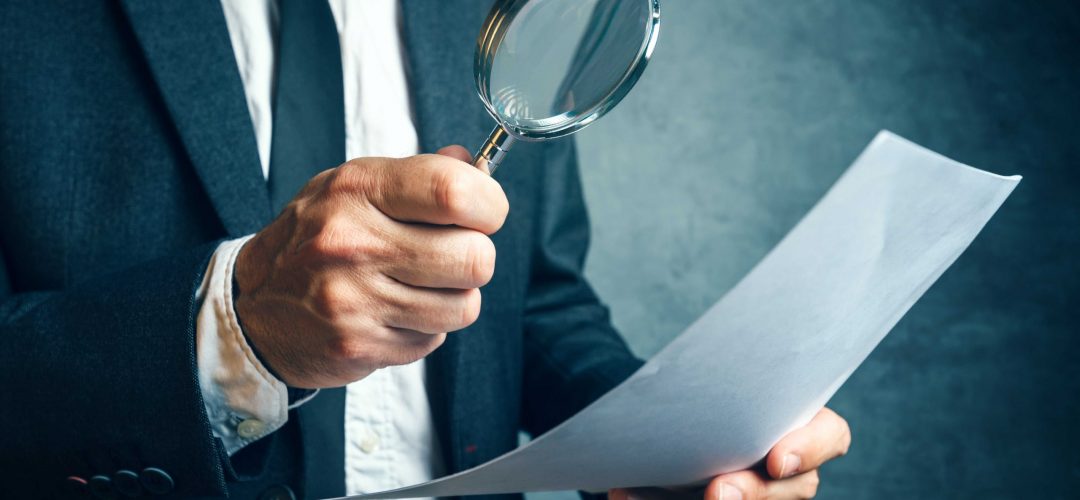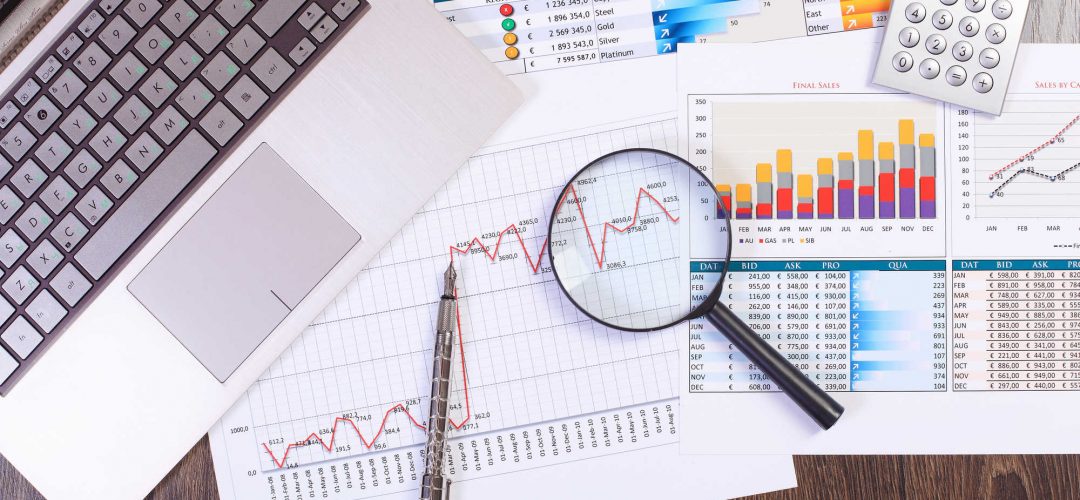Forensic Accounting & Shareholder Litigation Support in Suffolk County NY, New York City and Surrounding Areas
Forensic accounting, forensic accountancy or financial forensics is the specialty practice area of accounting that describes engagements that result from actual or anticipated disputes or litigation. “Forensic” means “suitable for use in a court of law”, and it is to that standard and potential outcome that forensic accountants generally have to work. Forensic accountants, also referred to as forensic auditors or investigative auditors, often have to give expert evidence at the eventual trial. All of the larger accounting firms, as well as many medium-sized and boutique firms and various police and government agencies, have specialist forensic accounting departments. Within these groups, there may be further sub-specializations: some forensic accountants may, for example, just specialize in insurance claims, personal injury claims, fraud, anti-money-laundering, construction, or royalty audits.
Financial forensic engagements may fall into several categories. For example:
- Economic damages calculations, whether suffered through tort or breach of contract;
- Post-acquisition disputes such as earnouts or breaches of warranties;
- Bankruptcy litigation, insolvency, and reorganization;
- Securities fraud litigation;
- Tax fraud litigation;
- Money laundering;
- Business valuation; and
- Computer forensics/e-discovery.

Forensic accountants often assist in professional negligence claims where they are assessing and commenting on the work of other professionals. Forensic accountants are also engaged in marital and family law of analyzing lifestyle for spousal support purposes, determining income available for child support and equitable distribution. Engagements relating to criminal matters typically arise in the aftermath of fraud. They frequently involve the assessment of accounting systems and accounts presentation—in essence assessing if the numbers reflect reality.

Some forensic accountants specialize in forensic analytics which is the procurement and analysis of electronic data to reconstruct, detect, or otherwise support a claim of financial fraud. The main steps in forensic analytics are:
(a) data collection
(b) data preparation
(c) data analysis
(d) reporting
For example, forensic analytics may be used to review an employee’s purchasing card activity to assess whether any of the purchases were diverted or divertible for personal use.




